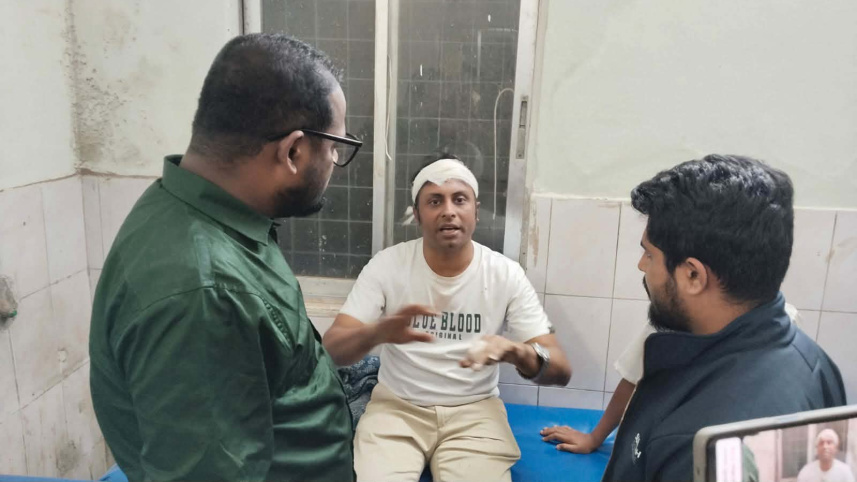Haji Najibullah, a former Taliban commander, has pleaded guilty in a U.S. federal court to charges related to the 2008 abduction of American journalist David Rohde, a case that became a global symbol of press vulnerability in conflict zones. The plea comes as part of a sweeping terrorism case that links Najibullah to multiple hostage incidents and deadly attacks in Afghanistan.
Najibullah admitted to organizing the kidnapping of Rohde, who was working for The New York Times at the time. Rohde and two Afghan colleagues were taken at gunpoint near Kabul and held for over seven months before Rohde made a daring escape. According to prosecutors, Najibullah and his co-conspirators kept the men in harsh conditions in Pakistan, demanding ransom and political concessions.
The Justice Department emphasized that the case was about more than a single kidnapping. Najibullah also faces charges for his involvement in a deadly 2008 attack on U.S. forces and a second hostage-taking incident in 2014 involving an American and an Australian aid worker. U.S. Attorney Damian Williams called the plea a critical step in holding extremists accountable for targeting civilians and journalists.
Although Najibullah had been living openly in Ukraine for years, he was extradited to the U.S. in 2020. His capture was seen as a rare victory in the long pursuit of justice for attacks on Americans abroad. By pleading guilty, Najibullah avoids a trial but faces a potential life sentence when he is sentenced later this year.
Rohde, now an executive at a media company, welcomed the news, calling it an overdue acknowledgment of the suffering endured by him and his colleagues. Press freedom groups echoed that sentiment, noting that the conviction sends a strong message that crimes against journalists won’t go unpunished.
The case highlights the lingering impact of America’s two-decade conflict in Afghanistan, and the global reach of U.S. law when it comes to prosecuting acts of terrorism against its citizens—even years after the events occurred.






